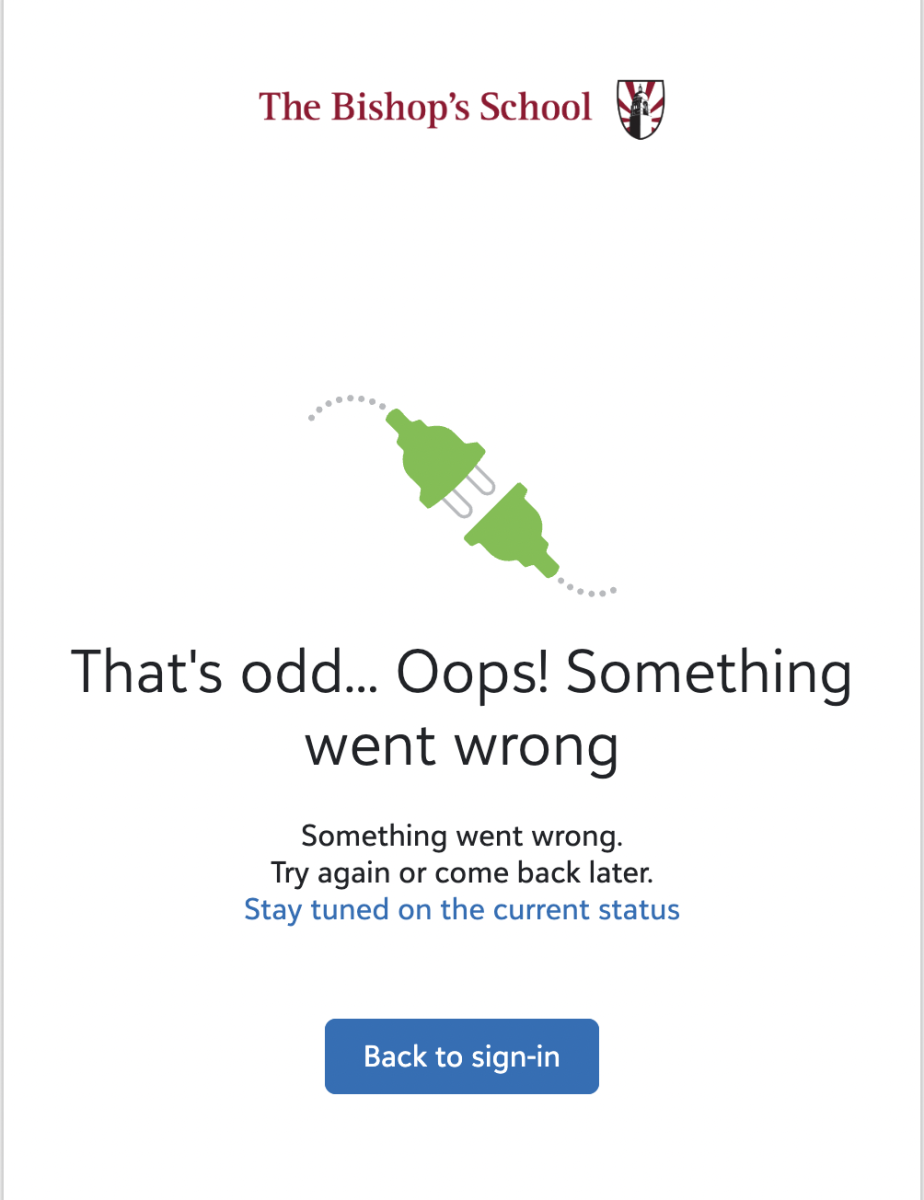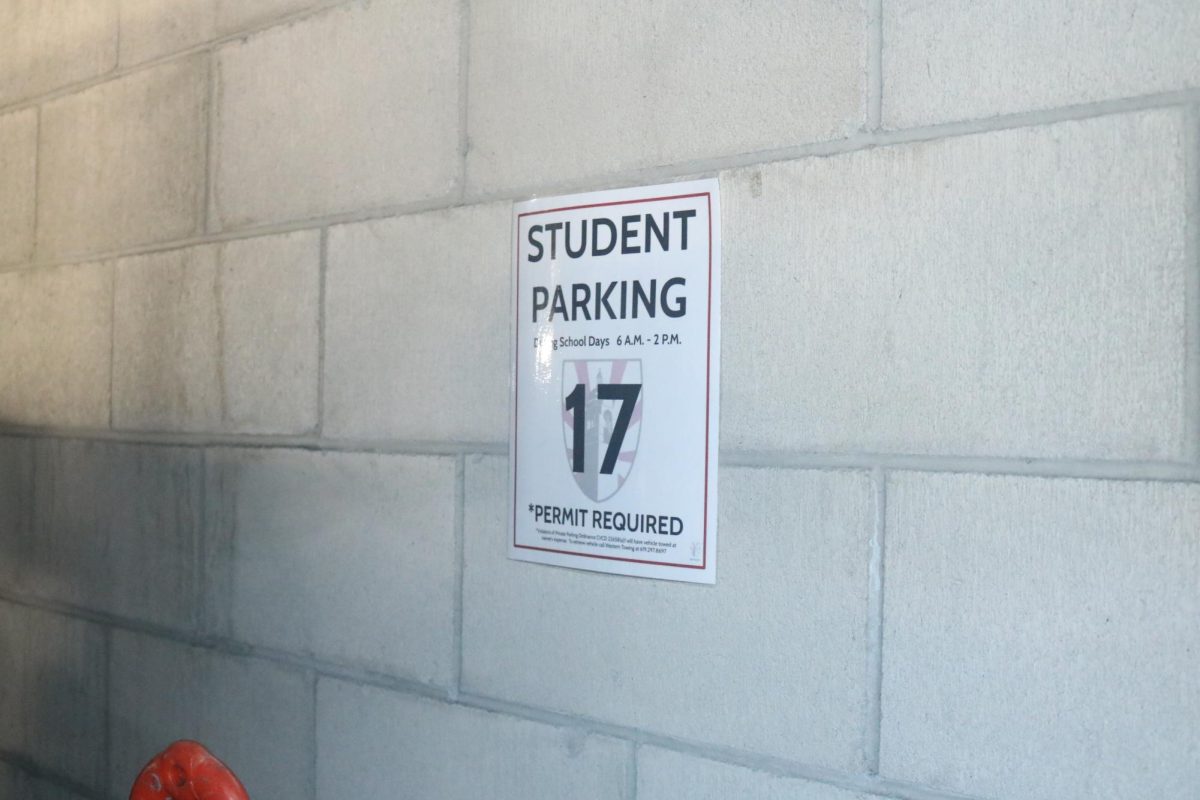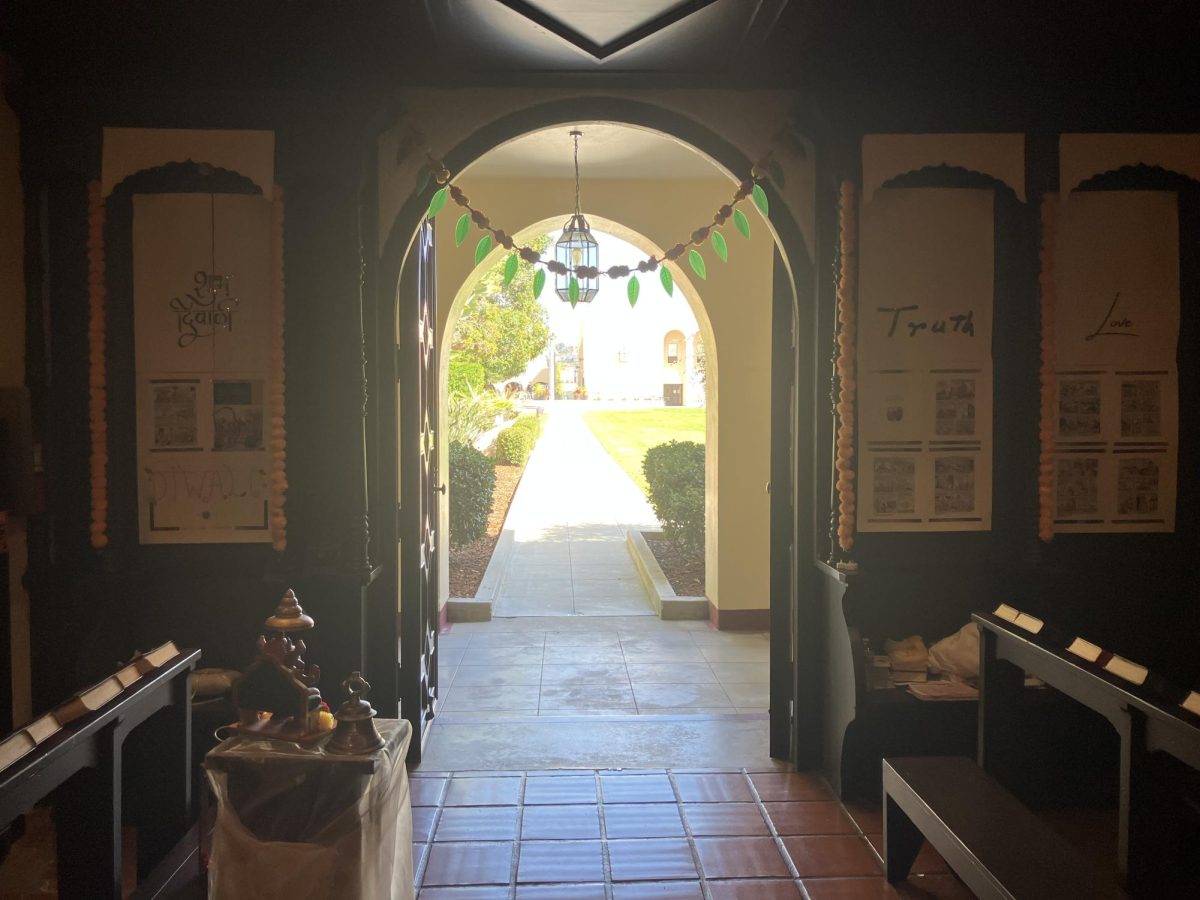Why do freshmen read a book about a man-turned-bug? Since when was The Adventures of Huckleberry Finn summer reading for Honors American Lit? Which Shakespeare play or poem are we reading this year? It might seem like Bishop’s English teachers write their own script, but the decisions behind each course go far beyond personal vision.
Teachers have to consider how each course fits into the progression of a Bishopians’ English education. It’s an “imperfect science.” That’s how English Department Chair Dr. Anna Clark describes the process. So, how exactly does this imperfect science work?
“It’s organic and as things arise,” commented eleventh grade English Course Head and Teacher Dr. Clara Boyle on how the English department goes about making changes. English faculty often meet in smaller (grade-level) groups to stay cognizant of what their particular students need throughout the school year. Two words that Dr. Clark said she and the English department often use to guide these choices are: scope and sequence.
In freshman year English, Co-English I Course Heads Dr. Lydia Lundgren Ms. Kara Crawford are consistently “reconsidering” the texts students read, as Dr. Lundgren put it. For example, the 2024-2025 summer reading, We Are Not Free by Traci Chee, was recommended by fellow English Teacher Ms. Eliko Smith. The book was a perfect fit, as Dr. Lundgren explained, “Ninth grade does focus on voice and perspective so it was a really nice text to use to introduce that idea right off the bat.”.
Meanwhile, for the core texts, one selection that Dr. Lundgren says will always stay is The History of Love by Nicole Krauss. It is “both accessible and challenging,” said Dr. Lundgren. Many of the literary devices students learn, including the ninth grade focus on differences in narrative voice, are present in the novel. She further explained how Krauss’s book helps “address all of the skills that [students] hopefully have been learning throughout the year.” Those skills culminate into the final end-of-year essay known as the braided essay or Alma narrative (an essay that weaves creative and analytical paragraphs of writing). Nuanced thinking, artful syntax, and distinct voice are just a few of the skills students aim to encompass in this final essay.
But like the summer reading, other core texts often do change. Notably in the last couple of years, Dr. Boyle, along with other teachers, noted how the reading “stamina” (students’ ability to focus on a reading for an extended period) needed for Mary Shelley’s Frankenstein (read in English II) was on the decline. Dr. Clark and the department considered a potential cause: eighth graders no longer read Stevenson’s Jekyll and Hyde (a similar 19th-century style of writing). Thus, this school year for freshmen, Dr. Lundgren explained how Franz Kafka’s Metamorphosis was replaced by Jekyll and Hyde to expose them to an older literary style.
Replacing and adding new texts also has its consequences. Dr. Lundgren noted how the addition of a new text this year, The House on Mango Street by Sandra Cisneros, led to the accidental replacement of the usually robust poetry unit. To teach the two new texts (Mango Street and Jekyll and Hyde) and do them both “justice” led to a shorter poetry unit. But, now the English I teachers know to adjust accordingly for the next school year.
In tenth grade, English II Course Head Ms. Laine Remignanti described a similar process of continual revision and thoughtful experimentation. As a member of the English II team for eight years, she explained that their goal is to “teach books that inspire and challenge students and introduce them to important works of literature.” When she first began, The Great Gatsby and Macbeth were core texts. However, the department has since introduced a year-long American Literature course in eleventh grade. Juniors no longer take semester electives. As a result, several former tenth grade texts shifted up a level and created space for more global texts from different time periods in English II.
This change allowed for additions like Sophocles’ Antigone, Brian Friel’s Translations (an Irish play), and Margaret Atwood’s The Handmaid’s Tale to the tenth grade English curriculum. As for summer reading, the sophomore team gathers student feedback and, most recently, selected Never Let Me Go by Kazuo Ishiguro, suggested by Dr. Boyle. Ms. Rem called it a “fantastic pairing with Frankenstein, raising questions about ethics and the human body, which also foreshadows The Handmaid’s Tale.”
In junior year, since the 2023-2024 school year, all students at Bishop’s have been required to take either English III: American Literature or English III Honors American Literature. English Teacher Ms. Amy Allen, who has taught the Honors course for the past two years, has had the opportunity to shape and refine the curriculum with each iteration. While there is some overlap between the two tracks — such as shared readings of The Great Gatsby by F. Scott Fitzgerald — Ms. Allen is intentional about choosing texts for her Honors classes that both challenge her students and complement the regular American Literature course.
In past years, both sections have read Zora Neale Hurston’s Their Eyes Were Watching God and Amy Tan’s The Joy Luck Club, though neither was included in the 2024-2025 Honors course. Ms. Allen noted that while The Joy Luck Club is a valuable and engaging novel, she believes it may be better suited to the regular-level course, citing its accessibility compared to more complex literary texts.
One of her more recent additions to the Honors reading list was The Adventures of Huckleberry Finn by Mark Twain for summer reading. Ms. Allen admitted how she wouldn’t have chosen this novel on its own if not for reading and loving Percival Everett’s James (a Pulizter-winning modern retelling of The Adventures of Huckleberry Finn) the previous spring and realizing that understanding James required familiarity with Twain.
“It’s cultural capital,” she said, emphasizing that The Adventures of Huckleberry Finn is a foundational American novel worth reading, despite its controversy concerning racial slurs. To address the book’s language thoughtfully, Ms. Allen included a note in her summer reading guide to help students approach it with sensitivity and context, aiming to prevent students from being caught off guard. “We can’t cut out every book that uses a bad word,” she added, “especially when the word tells us something, albeit shameful, about our nation’s history regarding race and slavery.”
Balancing the seriousness of The Adventures of Huckleberry Finn, Ms. Allen paired it with True Grit by Charles Portis — a humorous, adventurous novel that she described as a “fun” summer read and a classic that rounds out the syllabus.
With the careful curation of old, new, short, and long texts from a range of authors, students are well-equipped to enter their senior year with the choice of either taking English IV Honors Writing, applying for Advanced Honors English, or engaging in a plethora of unique electives such as Dramaturgy, Banned Books, and Poetry.
As far as designing an entirely new English course goes, while teachers do have to get approved by the UC system, they never feel restricted. In Dr. Boyle’s experience, she has never had a course rejected, nor has Dr. Clark seen one rejected in her time at Bishop’s. Similarly, the UC system seems to not have impacted Ms. Allen’s individual text choices either. In fact, the only pushback she’s received about book choices came from parents.
About a decade ago, Ms. Allen had to defend her choice of teaching a short play titled The Vagina Monologues by Eve Ensler (a play about the identity of women within a variety of social and sexual relationships) to the department chair due to parents’ complaints. She also recalled how, a while ago, another teacher similarly had to defend teaching Fear and Loathing in Las Vegas by Hunter S. Thompson (a novel featuring prolific drug use). Ms. Allen also said that in the past school year, due to parent complaints, the English department finally decided to write a policy regarding assigned readings.
According to the English Department Policy on Student Engagement with Course Materials (May 16, 2024 version), “We believe that the best literature and art engages with the full range of human experience, in all its complexity.” The policy is paramount not only to protect the rich classics that students should read, but also teachers’ ability to shape coursest that fit best for students.
Dr. Clark said, of her goals for students, “We want them to read important cultural works from other centuries. “We want them to have comfort in reading” a diverse range of time periods and be “part of a cultural conversion.” As Dr. Boyle put it: “When students leave Bishop’s, I want them to have read a certain number of those books that have cultural capital.” Whether that be the classics from the literary canon or contemporary short stories, it is clear that whatever a Bishopian reads during their time here at Bishop’s, it is all worthwhile.







